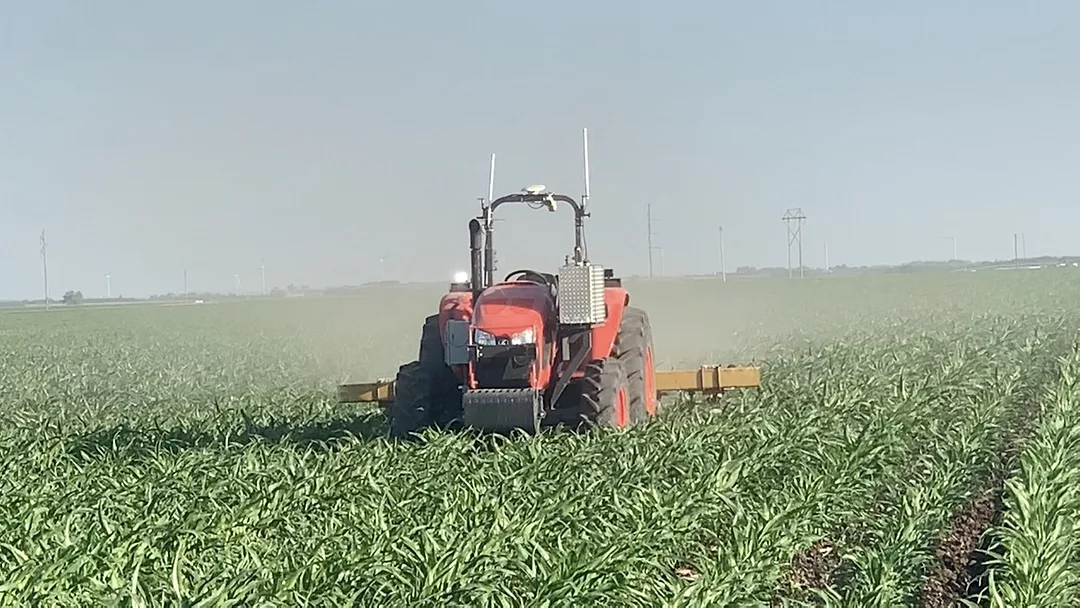CHICAGO — Swarming farm autonomy company Sabanto announced Aug. 18 it has closed an oversubscribed $17 million Series A funding round led by agtech venture firm Fulcrum Global Capital, with participation from DCVC Bio, Hico Capital, Yara Growth Ventures, Cavallo Ventures, Johnsonville Ventures and Trimble Ventures. John Peryam, co-founder and partner at Fulcrum, joins Sabanto's board of directors.
"We started Sabanto with our sights set on fixing the lack of labor and resetting the out-of-control capital expenses in agricultural machinery. We see a future of smarter, smaller, lighter, less expensive and more sustainable swarms of autonomous equipment, substituting horsepower and weight for time," said Craig Rupp, founder and CEO of Sabanto. "We've assembled a team of actual ag-experienced engineers and scientists, working alongside real farmers, proving this isn't just a thought exercise."
Sabanto has proven its ability to automate a variety of row crop field operations over significant acres throughout the Midwest. Leveraging a fleet of smaller 60 and 90 HP tractors, the company has autonomously tilled, planted, seeded, weeded, applied and mowed across Illinois, Iowa, Indiana, Missouri, Nebraska, Minnesota, North Dakota, Wisconsin and Texas. The company's advanced mission control platform has been pivotal in deploying multiple systems for multiple days of non-stop operation, pushing the concept to the limit by planting over 750 acres of corn and soybeans in one season with a single 60 HP tractor.
"Finally, a company is solving our labor problems and taking us in the other direction. We're witnessing a huge snowball effect, and it's all because of the size of the machinery. It's more expensive. It's harder to operate. It's harder to resell. It's the hamster wheel from hell," says JJ Granstrom, owner of Granstrom Farms and customer of Sabanto.
With this round of funding, Sabanto will accelerate its mission to make autonomy an affordable, reliable and scalable solution for all farmers throughout the world. This capital will also allow the company to increase its Farming-as-a-Service operations to more farmers on more crops, over more acres, across more states.






